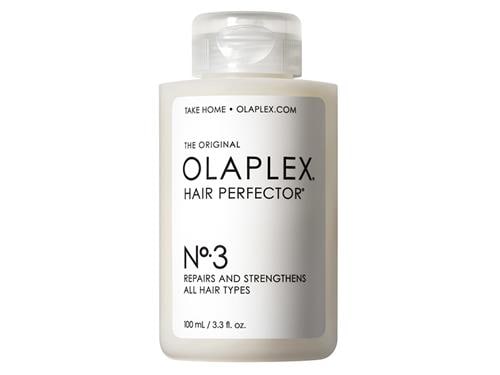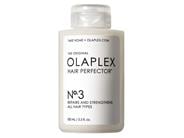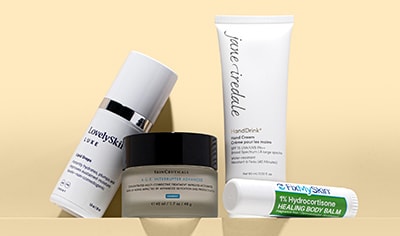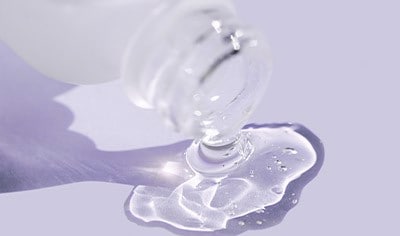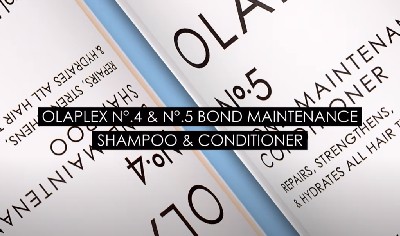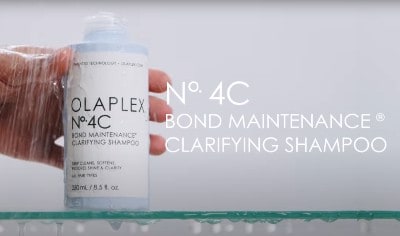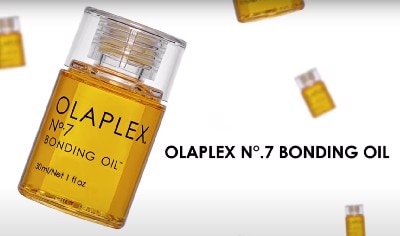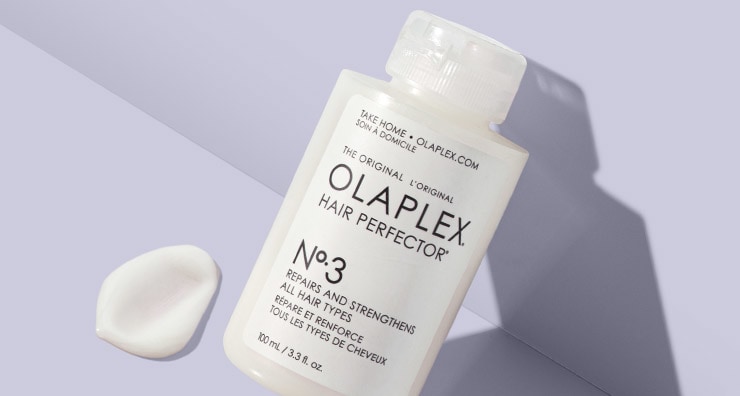
Board-certified dermatologist and LovelySkin CEO Dr. Joel Schlessinger is here to get to the bottom of recent questions about whether OLAPLEX is associated with infertility.
If you’re trying to get pregnant or hope to be someday, you may be wondering if what you’ve heard about OLAPLEX and infertility is true or just more hype. This is an issue that concerns me and one that I have researched since hearing about the question of whether OLAPLEX might lead to any long-term effects. To answer this question quickly, the ingredient that was implicated, lilial, is no longer included in any OLAPLEX formulation. The company eliminated this ingredient very quickly after there was a study that showed potential issues with it. To be fair, the study wasn't well-organized and there are questions—even with the Environmental Work Group—as to whether the data on lilial is well-documented. However, this ingredient is now out of any OLAPLEX products out of an abundance of caution.
Does OLAPLEX cause infertility?
The root of the rumors about OLAPLEX and infertility can be traced back to a 2020 announcement from the European Union banning the use of lilial in cosmetic products. The ban arrived as a result of a study that suggested lilial could act as an endocrine disruptor and affect fertility in lab rats.
OLAPLEX previously used small amounts of lilial as a fragrance in its No. 3 Hair Perfector, a weekly pre-shampoo treatment that strengthens hair and reduces breakage with bond-building technology that helps repair broken disulfide bonds in individual strands. In response to this announcement, OLAPLEX chose to remove lilial from its No. 3 Hair Perfector globally prior to the ban in Europe. As a result, this product has been lilial-free since March 2022. Because lilial is not an active ingredient in OLAPLEX’s No. 3 Hair Perfector, the formula change hasn’t affected the product’s performance or efficacy.
What ingredients cause infertility?
Infertility is a very complex issue with myriad causes, and medical research is ongoing—in fact, there’s an entire diagnostic category called unexplained infertility, which includes couples who cannot conceive based on factors that can’t be identified by our current scope of medical testing.
There is also still a great deal of uncertainty when it comes to how substances we encounter in our daily life may or may not affect fertility. Million Marker, a maker of at-home tests that monitor your body’s exposure to environmental chemicals, is advised by well-respected fertility specialist Dr. Aimee Eyvazzadeh and recently released a list of ingredients to limit or avoid when trying to conceive. Because many of these ingredients are commonly found in hair, body and skin care products, you’d have to live without access to many common and accepted skincare regimens in order to avoid coming into contact with any of them entirely.
As research continues to roll in, it’s also important to think critically about how to apply clinical findings to our everyday lives. In the rat studies that linked lilial to infertility, experts in the field think it’s unlikely that effect would be the case for humans. Study rats were fed a large amount of lilial, which isn’t the same as using a shampoo or soap fragranced with lilial that you rinse off in the shower. The amount of lilial that would be absorbed through your scalp or skin in this case is extremely small, by contrast.
When my patients come to me with concerns about whether or not certain ingredients can be toxic, especially during pregnancy, I always defer to their ob-gyn and also to reason. I want to avoid anything that I can if it is harmful or has the potential to harm me. That said, I also understand that there are certain things I know may cause me harm (hot dogs, burnt food, smoke) that I will keep eating or coming in contact with and simply can't avoid. I also want to make sure that the companies that produce my products (or the ones that I produce in my own labs and for my own labels) are held to the highest standards and incorporate the latest medical and scientific information. OLAPLEX, as a company, has been extremely vigilant and was incredibly quick in the process of changing out OLAPLEX No.3 Hair Perfector to be lilial-free. I trust the company, their scientists and their products. I am proud of what they have done.
Are you wondering what sunscreens are safe to use during pregnancy? Read some of my recommendations for pregnancy-safe sunscreen here on the LovelySkin Blog.
Shop this blog
Is avocado good for your hair, skin and ...
Are sulfates really bad for your hair an...
Follow us on social
Follow us on social networks and be one of the first to learn about sales, giveaways, and free samples

